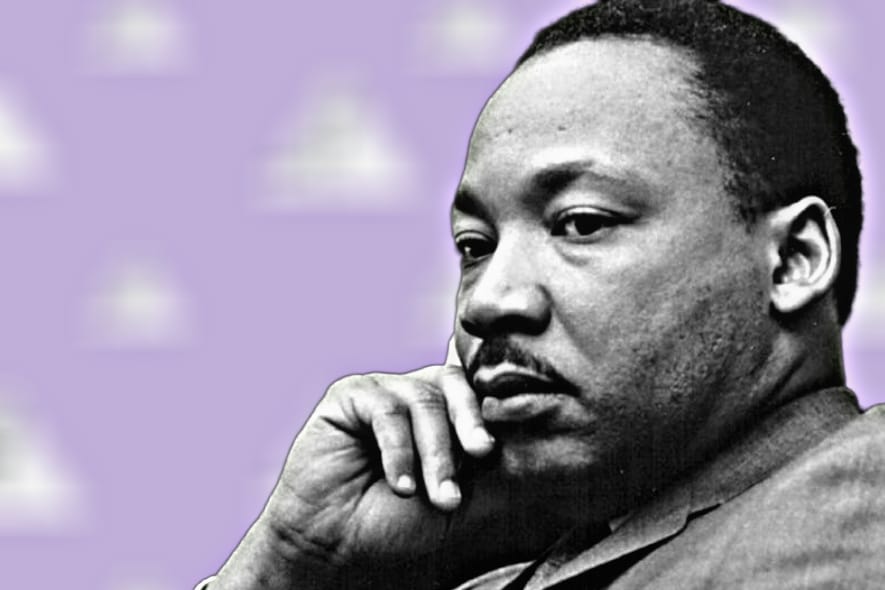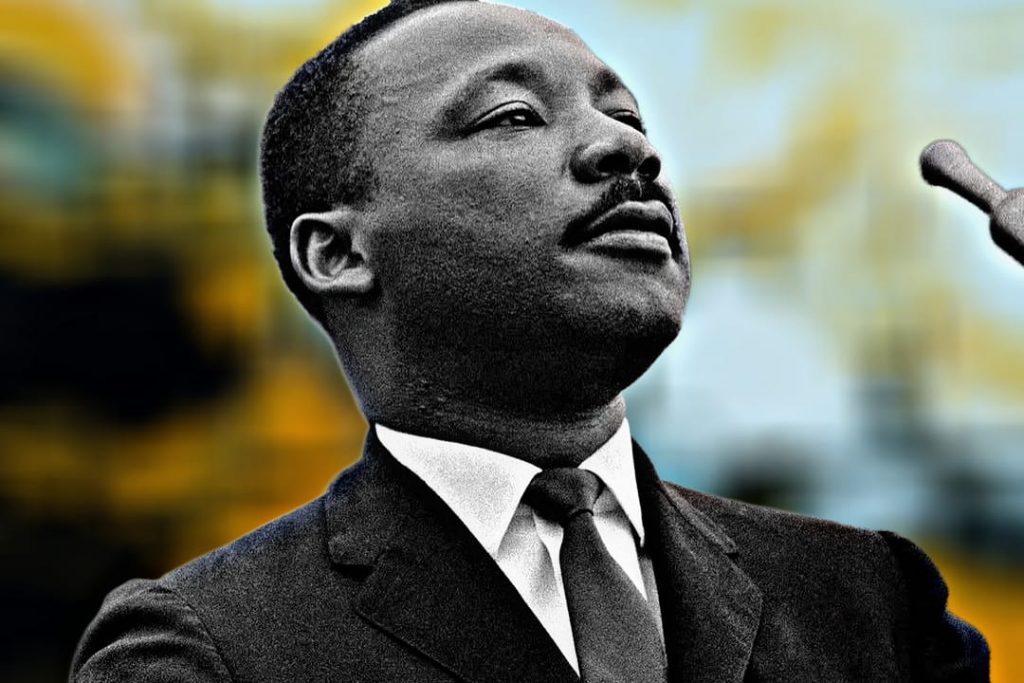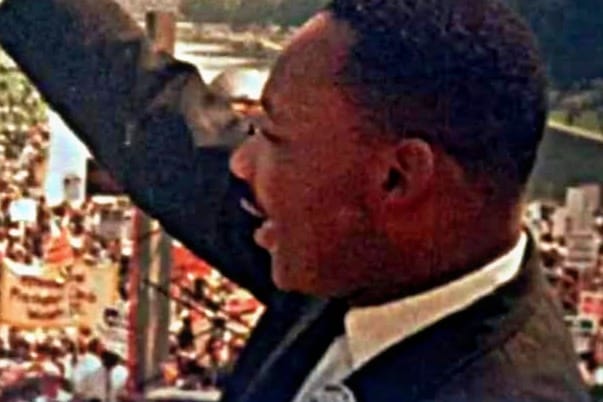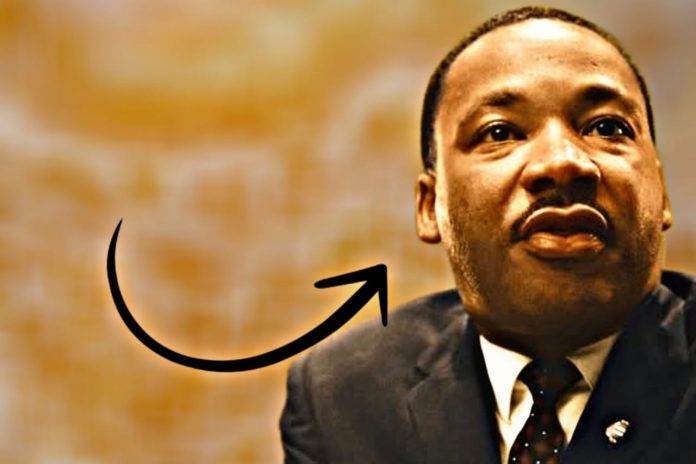Dr. Martin Luther King Jr. remains one of the most iconic figures in American history, celebrated for his leadership in the Civil Rights Movement and his unwavering commitment to justice and equality. His life, work, and legacy continue to inspire generations around the world, especially those who strive for peace, equality, and social change. King’s philosophy of nonviolence, his ability to mobilize people, and his eloquent speeches like the famous “I Have a Dream” speech, have left an indelible mark on the fight for civil rights in the United States.
This article explores the life, work, and legacy of Dr. Martin Luther King Jr., examining his impact on the Civil Rights Movement and the world at large. By looking at his early life, pivotal moments, and enduring contributions, we aim to provide a comprehensive understanding of why King’s influence remains so significant today.
Early Life and Education

Martin Luther King Jr. was born on January 15, 1929, in Atlanta, Georgia, to Michael King Sr. and Alberta Williams King. He was initially named “Michael King Jr.” but his father changed both his and his son’s names to Martin Luther King in honor of the German Protestant Reformer, Martin Luther, who had defied the Catholic Church’s teachings during the 16th century.
King grew up in a segregated South, where racial discrimination was deeply ingrained in every facet of society. He attended segregated public schools and was an excellent student. In 1948, he graduated with a Bachelor of Arts degree in Sociology from Morehouse College, an historically Black college in Atlanta. He later went on to pursue graduate studies at Crozer Theological Seminary in Pennsylvania, where he earned his Bachelor of Divinity degree in 1951.
While at Crozer, King was exposed to different schools of thought, including those of philosophers and theologians who advocated for social justice and equality. One of the most significant influences on King’s philosophy was the work of Mahatma Gandhi, whose principles of nonviolent resistance would profoundly shape King’s approach to the civil rights struggle.
In 1955, King completed his doctoral studies at Boston University, earning a Ph.D. in systematic theology. Martin Luther King Jr. education and his early exposure to the ideas of equality, justice, and nonviolence laid the foundation for his future activism.
The Rise of a Civil Rights Leader
Martin Luther King Jr. rise as a leader of the Civil Rights Movement began in 1955 with the famous Montgomery Bus Boycott. The incident that sparked this boycott was the arrest of Rosa Parks, an African American woman, for refusing to give up her seat to a white man on a segregated bus in Montgomery, Alabama. This act of defiance became a symbol of the fight against segregation.
In the wake of Parks’ arrest, African American leaders in Montgomery organized a boycott of the city’s buses, calling for desegregation and an end to discriminatory policies. King, who was a young pastor at the Dexter Avenue Baptist Church in Montgomery, was chosen to lead the boycott. Though he had little experience in activism, King’s oratorical skills, charisma, and deep moral conviction quickly made him the face of the boycott.
The Montgomery Bus Boycott lasted for over a year, during which time King and other leaders faced constant harassment and threats of violence. Despite this, the boycott ultimately succeeded, with the U.S. Supreme Court ruling in 1956 that segregation on public buses was unconstitutional. This victory was a pivotal moment in the Civil Rights Movement and marked the beginning of King’s national prominence as a leader of the struggle for racial equality.
Philosophy of Nonviolence

A central aspect of Martin Luther King Jr.’s approach to civil rights activism was his commitment to nonviolence. Influenced by Gandhi’s philosophy of satyagraha, or “truth force,” King believed that nonviolent resistance was the most powerful weapon available to oppressed people. He argued that violence would only perpetuate hatred and division, while nonviolence could bring about reconciliation and lasting change.
Martin Luther King Jr. philosophy of nonviolence was rooted in his Christian faith and his belief in the inherent dignity of all human beings. He often cited the teachings of Jesus, particularly the Sermon on the Mount, as the foundation for his approach. He advocated for love and understanding even in the face of hatred and violence, believing that peaceful resistance would expose the moral bankruptcy of segregation and racism.
Martin Luther King Jr. commitment to nonviolence was tested time and time again throughout his career. He was frequently arrested, his home was bombed, and he faced immense pressure to resort to violence in the face of brutal opposition. However, King remained steadfast in his belief that nonviolence was the path to justice. His leadership during the Birmingham Campaign of 1963, where he led peaceful protests against segregation and was jailed, highlighted both the power of nonviolent resistance and the brutality of the police response to it.
Key Milestones in the Civil Rights Movement

The Southern Christian Leadership Conference (SCLC)
In 1957, King co-founded the Southern Christian Leadership Conference (SCLC), an organization dedicated to coordinating nonviolent protests against segregation and disenfranchisement. The SCLC’s main strategy was to engage in mass demonstrations, sit-ins, and marches to draw attention to racial injustice and press for legislative change. Under King’s leadership, the SCLC played a critical role in the Civil Rights Movement, organizing numerous campaigns across the South and influencing national policy.
The March on Washington for Jobs and Freedom
One of the most iconic moments of the Civil Rights Movement was the March on Washington for Jobs and Freedom, held on August 28, 1963. The event brought together more than 250,000 people from all races, backgrounds, and walks of life to demand racial equality, economic justice, and jobs. King delivered his legendary “I Have a Dream” speech from the steps of the Lincoln Memorial, where he shared his vision of a future in which people would be judged not by the color of their skin but by the content of their character.
The speech, with its powerful imagery and message of hope, became a defining moment in the Civil Rights Movement and solidified King’s status as one of the movement’s most influential leaders. The march also brought national attention to the plight of African Americans, helping to pave the way for landmark legislation like the Civil Rights Act of 1964 and the Voting Rights Act of 1965.
The Selma to Montgomery Marches
In 1965, King and other civil rights activists organized a series of marches from Selma to Montgomery, Alabama, to demand voting rights for African Americans. The marches were sparked by the violent response to the beating of civil rights activist Jimmy Lee Jackson by state troopers, as well as the broader issue of voter suppression in the South.
The first march, known as “Bloody Sunday,” took place on March 7, 1965, when peaceful marchers were brutally attacked by state troopers as they attempted to cross the Edmund Pettus Bridge in Selma. The images of the violence shocked the nation and galvanized public support for voting rights legislation.
King led a second march, and after a federal court order allowed for a protected march, thousands of people joined the third march, which successfully made its way to the Alabama State Capitol in Montgomery. The marches culminated in a significant victory with the passage of the Voting Rights Act of 1965, which prohibited racial discrimination in voting.
Martin Luther King Jr. Later Years and Assassination
Despite his many successes, Martin Luther King Jr. later years were marked by growing challenges, both within the Civil Rights Movement and in his personal life. King faced criticism from some activists who felt that he was not radical enough in his approach to racial and economic justice. Additionally, the rise of the Black Power movement and the increasing violence in response to racial unrest led to tensions within the broader struggle for equality.
Martin Luther King Jr. also began to speak out more forcefully against the Vietnam War, linking the struggle for civil rights with the fight against imperialism and poverty. His 1967 speech, “Beyond Vietnam: A Time to Break Silence,” condemned the war and called for greater attention to the economic and social needs of the poor. This speech was met with criticism from some political leaders and members of the public, but it also solidified King’s commitment to a broader vision of justice that included both racial and economic equality.
Martin Luther King Jr. life was tragically cut short when he was assassinated on April 4, 1968, while standing on the balcony of the Lorraine Motel in Memphis, Tennessee. He had been in the city to support striking sanitation workers who were protesting for better wages and working conditions. His assassination sent shockwaves through the nation and led to riots in several cities. In the aftermath of his death, there was widespread mourning, but also a renewed commitment to his ideals of nonviolence, justice, and equality.
The Legacy of Martin Luther King Jr.
Dr. Martin Luther King Jr.’s legacy continues to inspire individuals and movements around the world. His advocacy for civil rights, his philosophy of nonviolent resistance, and his unwavering belief in the power of love and justice have left a profound impact on the struggle for equality.
The legislative victories of the Civil Rights Movement, including the Civil Rights Act of 1964 and the Voting Rights Act of 1965, were direct results of Martin Luther King Jr. efforts. These laws not only ended formal segregation in public places and schools but also helped to dismantle institutional racism in the United States.
Martin Luther King Jr. message also resonated globally. His nonviolent approach influenced various liberation movements across the world, from South Africa’s anti-apartheid struggle to India’s fight for independence. His advocacy for social and economic justice continues to shape conversations around poverty, inequality, and human rights.
Perhaps most importantly, Martin Luther King Jr. showed that one person, through conviction, courage, and compassion, could change the course of history. His example serves as a powerful reminder that the struggle for justice is ongoing, and that each of us has a role to play in making the world a better, more equitable place.
Conclusion
Dr. Martin Luther King Jr.’s enduring legacy as a champion of civil rights, social justice, and nonviolent resistance continues to resonate today. His leadership in the Civil Rights Movement, his commitment to nonviolence, and his visionary hope for a more just and equitable world have inspired countless individuals to work towards creating a society that reflects the ideals of equality, freedom, and justice. Martin Luther King Jr.’s life and work remain a testament to the power of peaceful resistance in the face of adversity, and his dream of a racially integrated, just, and peaceful world continues to guide us all.

